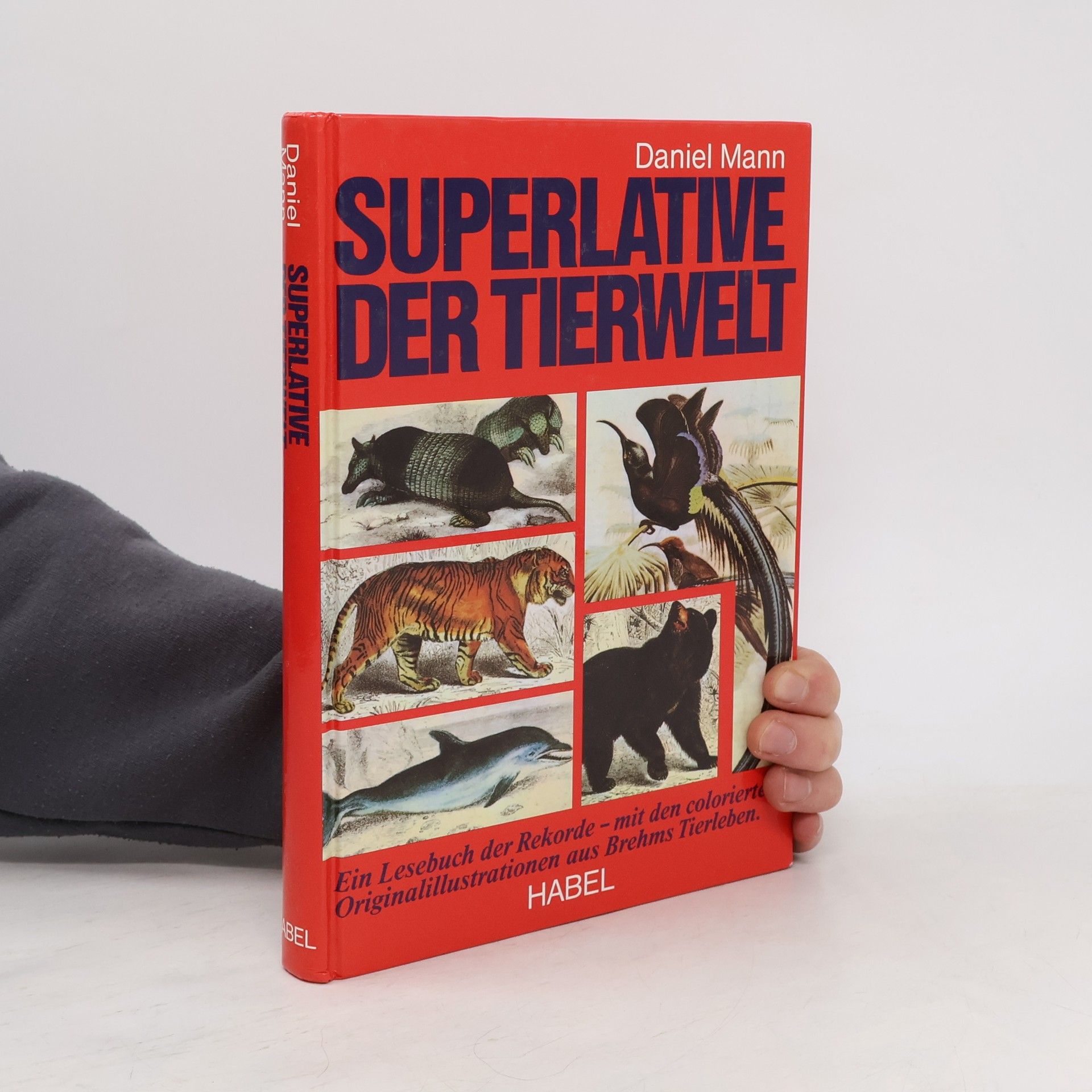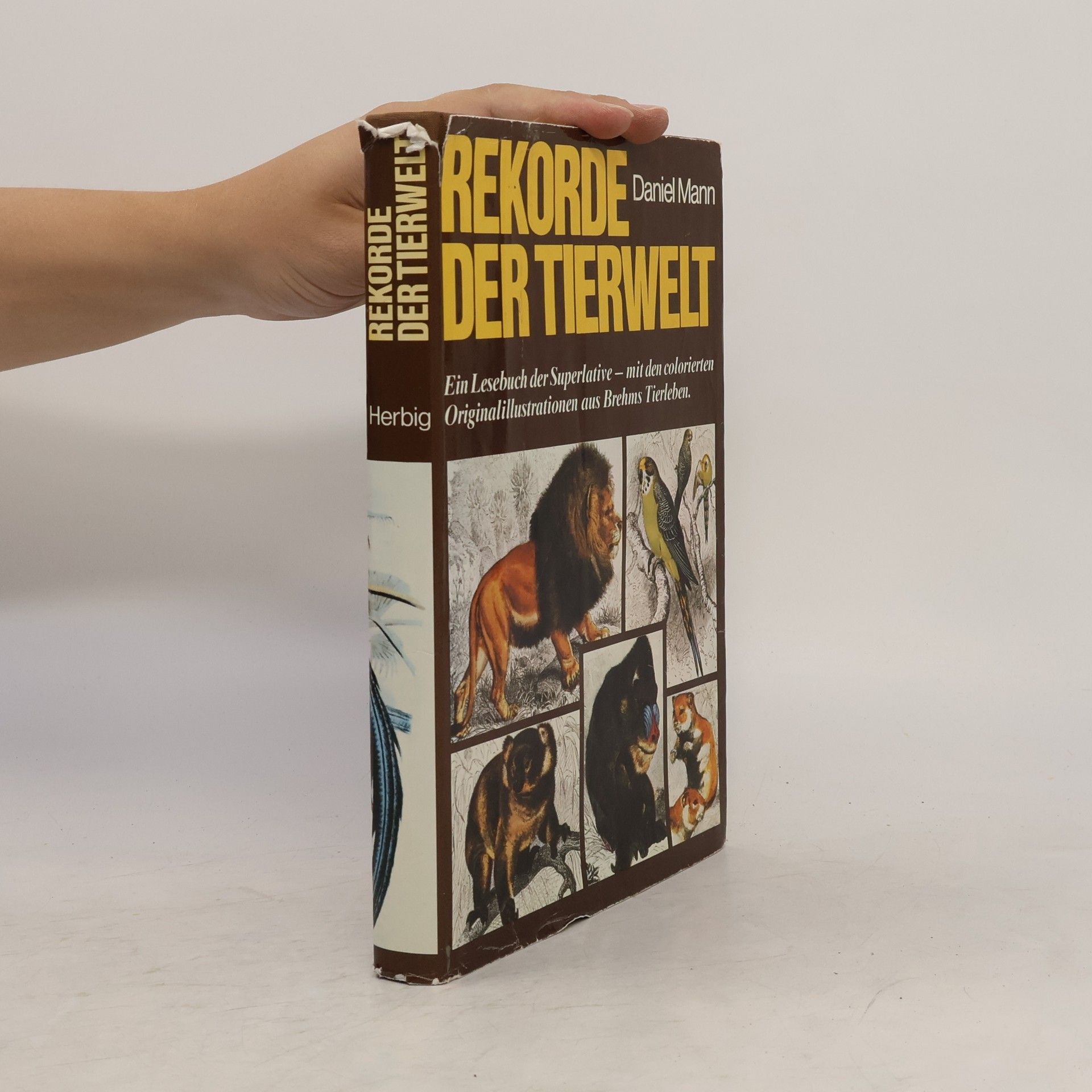The God of the Bible: Logical, Evidential, Historical Proofs
- 280pages
- 10 heures de lecture
Grounded in the assurance of God's truth, this book encourages Christians to face adversity with confidence. It emphasizes the importance of a solid foundation in faith, empowering readers to move forward boldly and glorify the Lord amidst challenges.



